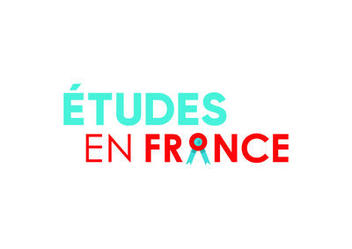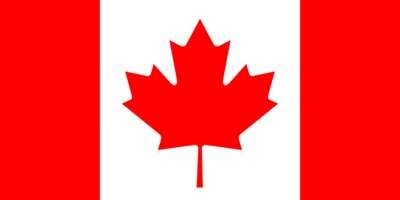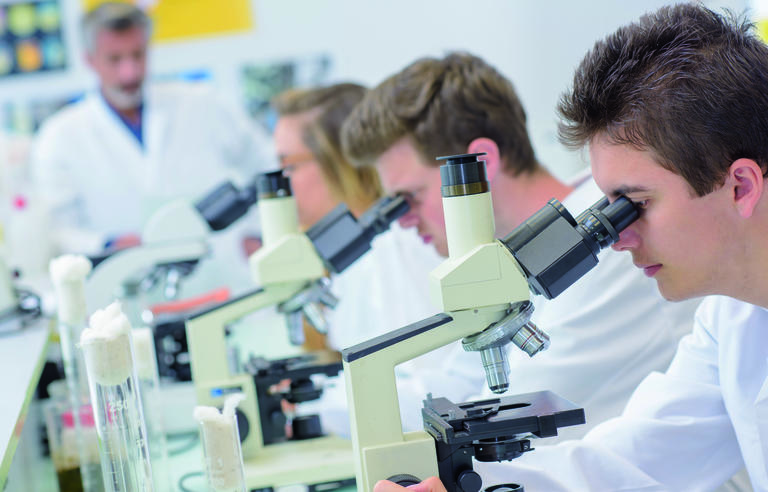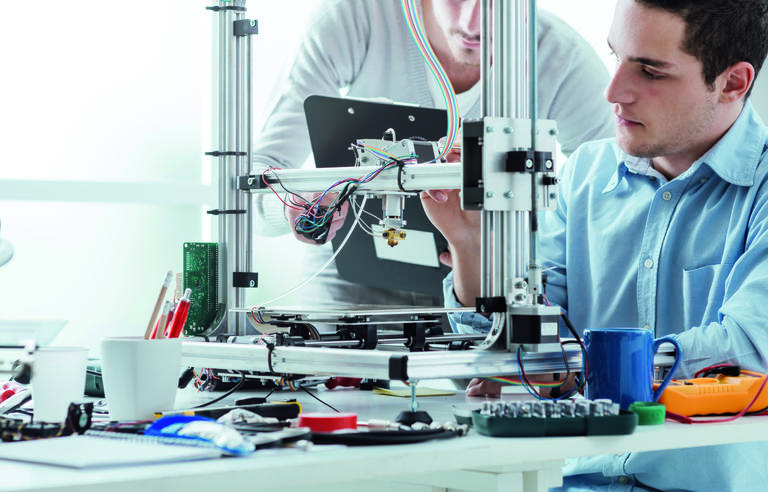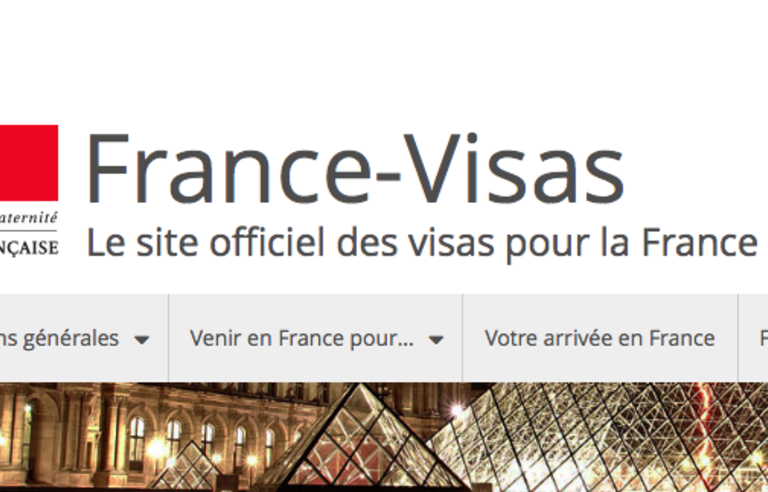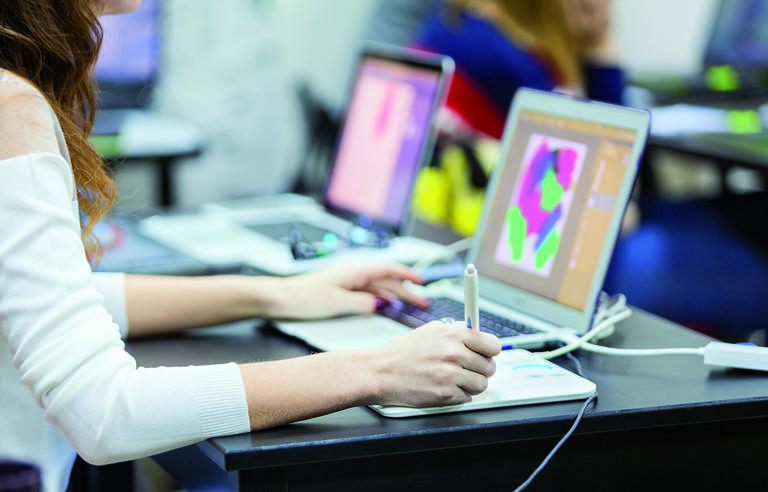
Studying in France: Health Safety Measures for Fall 2020
To effectively fight the spread of the Covid-19 coronavirus pandemic, a series of health safety measures are in effect in France. Higher education establishments are taking action to protect the health of their students.
To keep yourself and others safe, it's important to familiarize yourself with the current health safety measures in France.
Wearing a Mask
As of July 20, in addition to hand-washing and covering your cough or sneeze, wearing a face mask is required in all enclosed public spaces: airports, train stations, hotels, restaurants, performance venues, educational establishments, museums, stores and shopping malls, banks and administrative offices, public transportation, etc.
This requirement may be expanded locally to include other spaces, depending on the city. Contact City Hall in your study location for more information.
Wearing a mask is recommended whenever a one-meter distance cannot be maintained.
France has an ample supply of masks, making it possible for the public to comply with this requirement. The government has set the maximum price for a surgical mask at 95 centimes. A reusable cloth mask costs around 5 euros.
Tests and Screening
In France, viral and antibody tests are regularly administered at screening centers.
The viral test (RT-PCR) for COVID-19 is 100% covered by national health insurance. The antibody test costs 54 euros. National health insurance reimburses 100% of the cost. If you have to pay for the test, you will be fully reimbursed upon submission of your “feuille de soin” (treatment form).
Health Safety Measures in Higher Education Institutions
French higher education institutions are making every effort to prepare for students' return in strict compliance with health safety regulations:
-
Distributing information on COVID-19 specifically for students, both on campus and on university websites
-
Preparing for a minimum of one meter of social distancing in classrooms and enclosed spaces
-
Strongly requiring that masks be worn in enclosed spaces
-
Strengthening disinfection of the premises
-
Implementing online payment of registration fees
-
Expanding university health services to provide students with medical and psychological support
-
Emergency social and financial aid
-
Assistance to improve access to digital resources
-
Development of distance learning programs
Safety Measures
To protect yourself and others, it's important to respect these safety measures:
-
Wash your hands regularly, or use hand sanitizer
-
Cough or sneeze into your elbow or a tissue
-
Use a single-use tissue to blow your nose, then throw it away
-
Avoid touching your face, mouth and eyes
-
Keep a minimum distance of one meter between yourself and others
-
When greeting someone, don't shake hands, and no hugging
What should you do if you have symptoms?
If you have symptoms that could be related to COVID-19 (cough, fever, etc.):
-
Stay home
-
Avoid contact
-
Call the doctor's office before going in, or call your region's 24-hour health care hotline. You can also choose to have a telemedicine appointment.
If your symptoms get worse and include any difficulty breathing or signs of suffocation, call SAMU (emergency health services) by dialing 15.
For more information, dial the toll-free Covid-19 hotline, available 24/7: 0 800 130 000.
Sur le même sujet
Actualités recommandées
